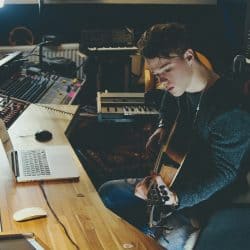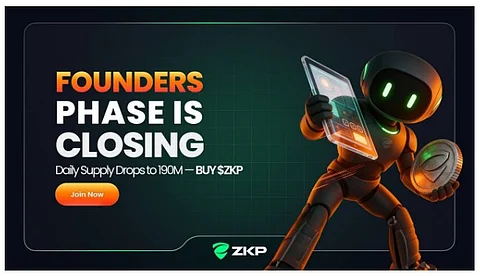
The rise of artificial intelligence has transformed many creative fields, including music. As AI-generated songs increasingly fill digital platforms, musicians face a new challenge: convincing aspiring artists of the value of learning to write music themselves. In a recent discussion, music educator Ray Harmony emphasized the importance of preserving the craft of songwriting in an era dominated by AI.
In his view, the convenience of AI tools may deter individuals from investing the time and effort required to develop their musical skills. While AI can produce songs quickly, Harmony argues that true music-making is a complex process that involves creativity, dedication, and practice. The notion of whether a piece of music can be considered “yours” if it is generated by a machine is a key point of contention.
Understanding the Value of the Musical Journey
Historically, individuals who wanted to create music had little choice but to learn the craft. Now, with AI making it possible for anyone to generate a song with minimal effort, many may question the need to acquire traditional skills. Harmony believes this shift poses a risk of losing valuable artistic skills, echoing concerns that it can take just one generation for these talents to fade away.
He highlights the fact that there are only 12 notes in music, which might suggest simplicity, but the reality is far more intricate. Crafting good music involves an almost infinite combination of melodies, harmonies, and rhythms. Beginners often struggle, feeling frustrated as they attempt to create something meaningful. Overcoming these initial hurdles typically requires years of exploration and practice.
The essence of making music extends beyond the final product. Engaging in the creative process can improve mental, spiritual, and even physical health. Sharing music fosters connections among individuals in ways that AI-generated compositions cannot replicate.
Embracing the Challenge of Songwriting
For many, the initial stages of learning to write music can be daunting. Harmony draws a parallel to exercise, where the early discomfort can lead to significant rewards for those who persist. Developing musical skills may involve overcoming moments of frustration, but the eventual breakthrough can bring immense satisfaction.
He encourages aspiring songwriters to trust in their journey and to understand that the challenges faced along the way are part of a rewarding experience. Giving up before reaching that breakthrough means missing out on both the joy of creation and the associated health benefits.
In light of this new challenge, Harmony envisions his platform, Hack Music Theory, as a “Songwriter’s Ark,” aimed at preserving musical skills during this AI-driven era. He believes that while AI may dominate the landscape now, the fundamental skills of music-making will endure.
For those eager to learn, Harmony offers resources including a free book, 12 Music Theory Hacks to Learn Scales & Chords, and an online apprenticeship course for those already creating music but seeking improvement. His message is clear: learning and practice are essential for anyone looking to enjoy the full spectrum of musical expression.







